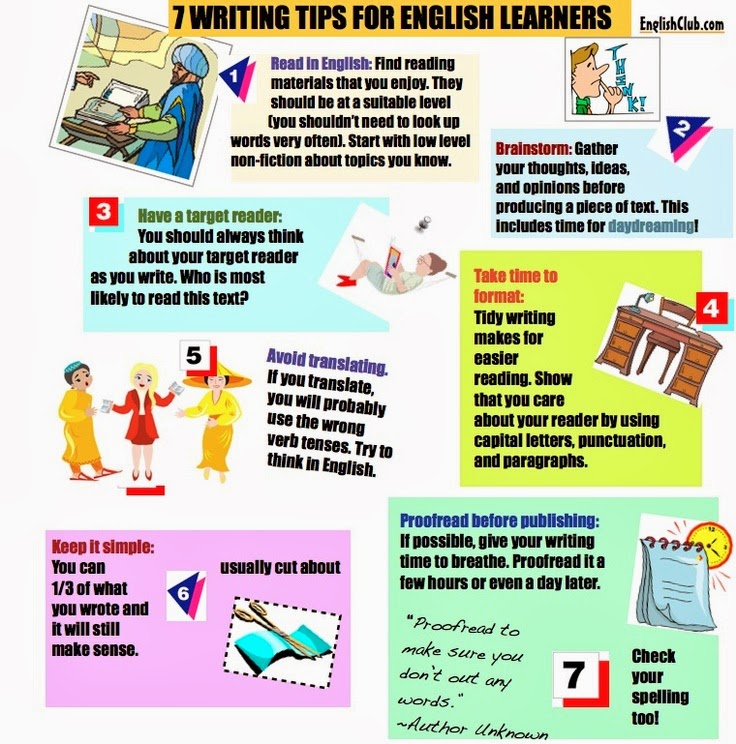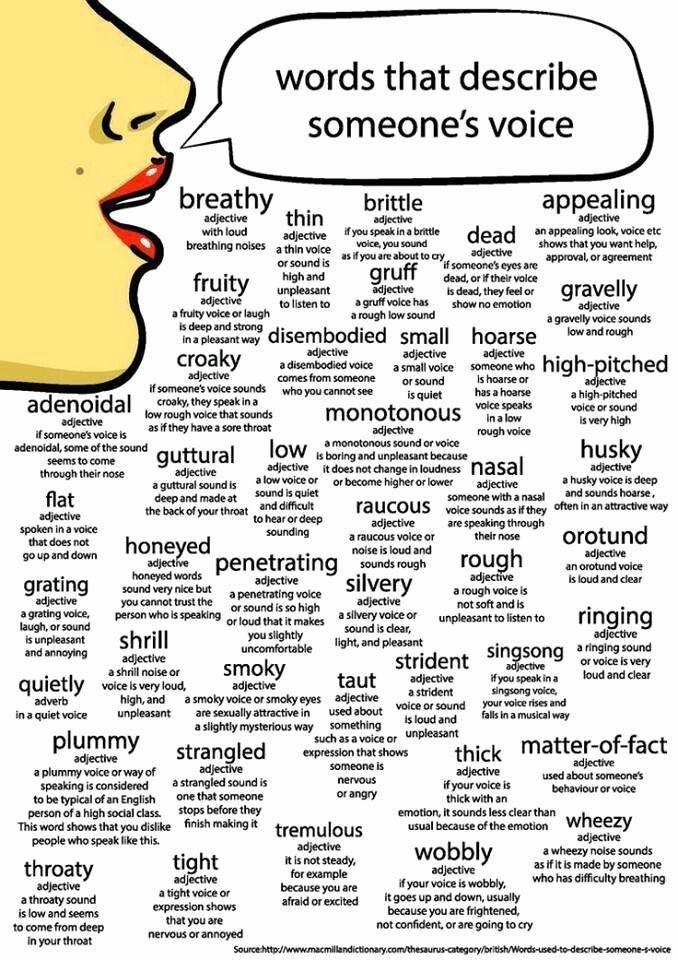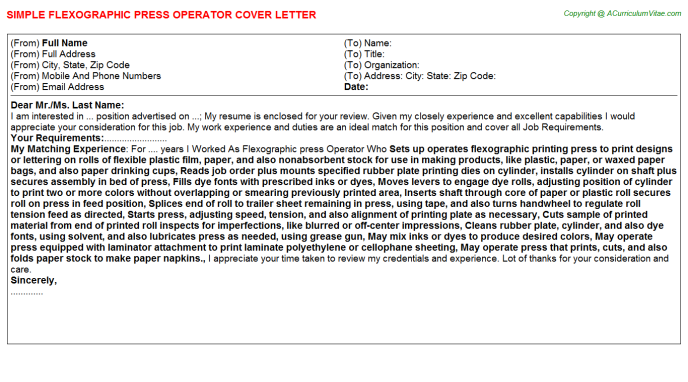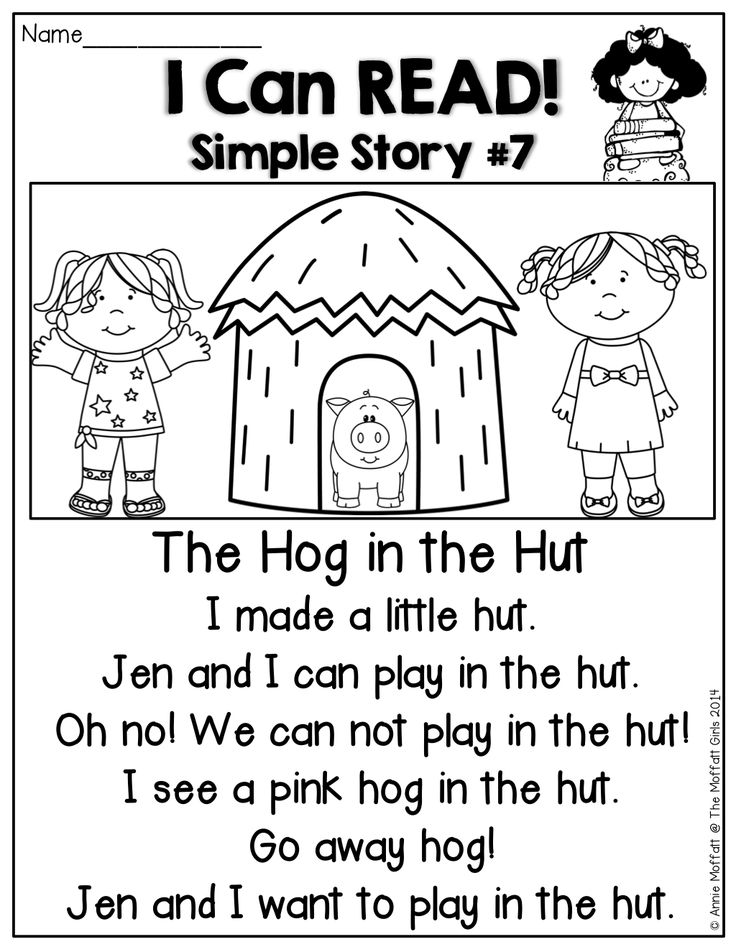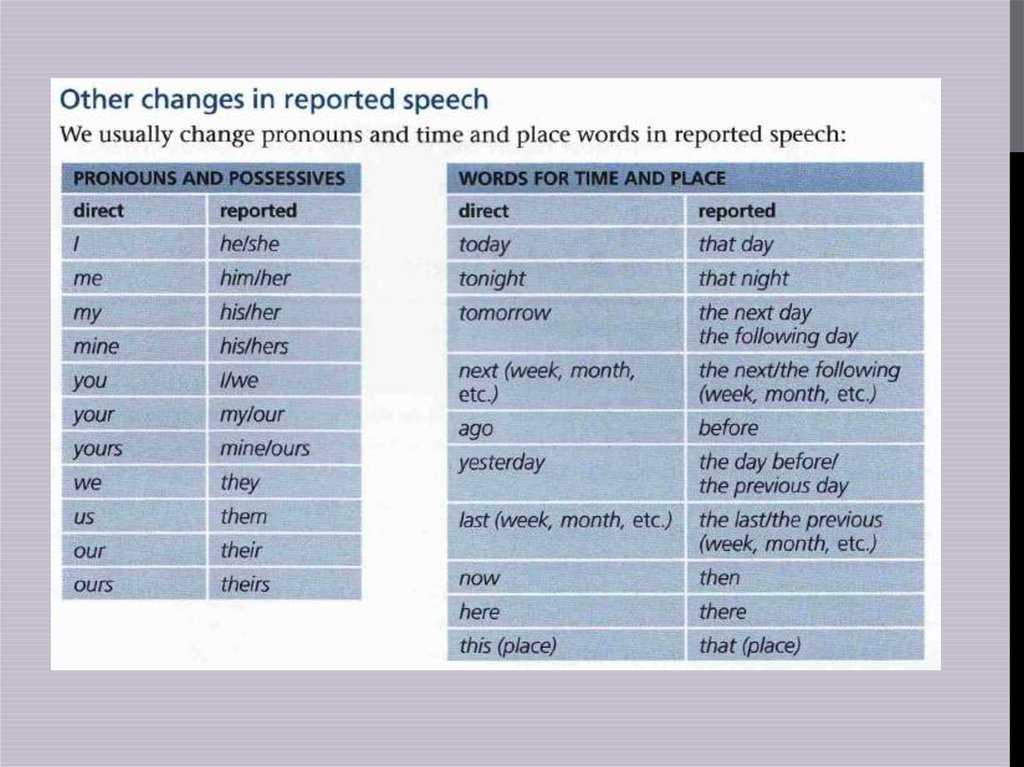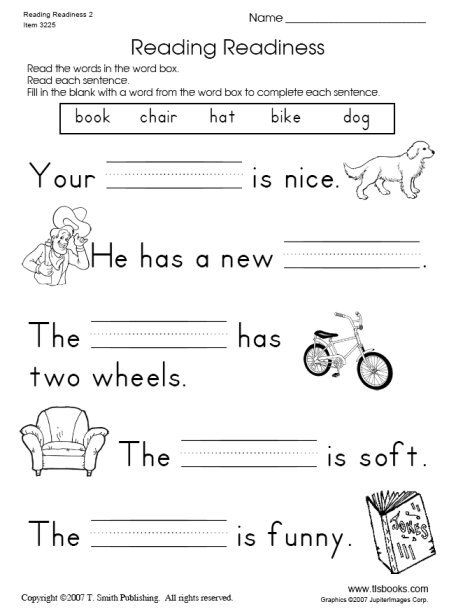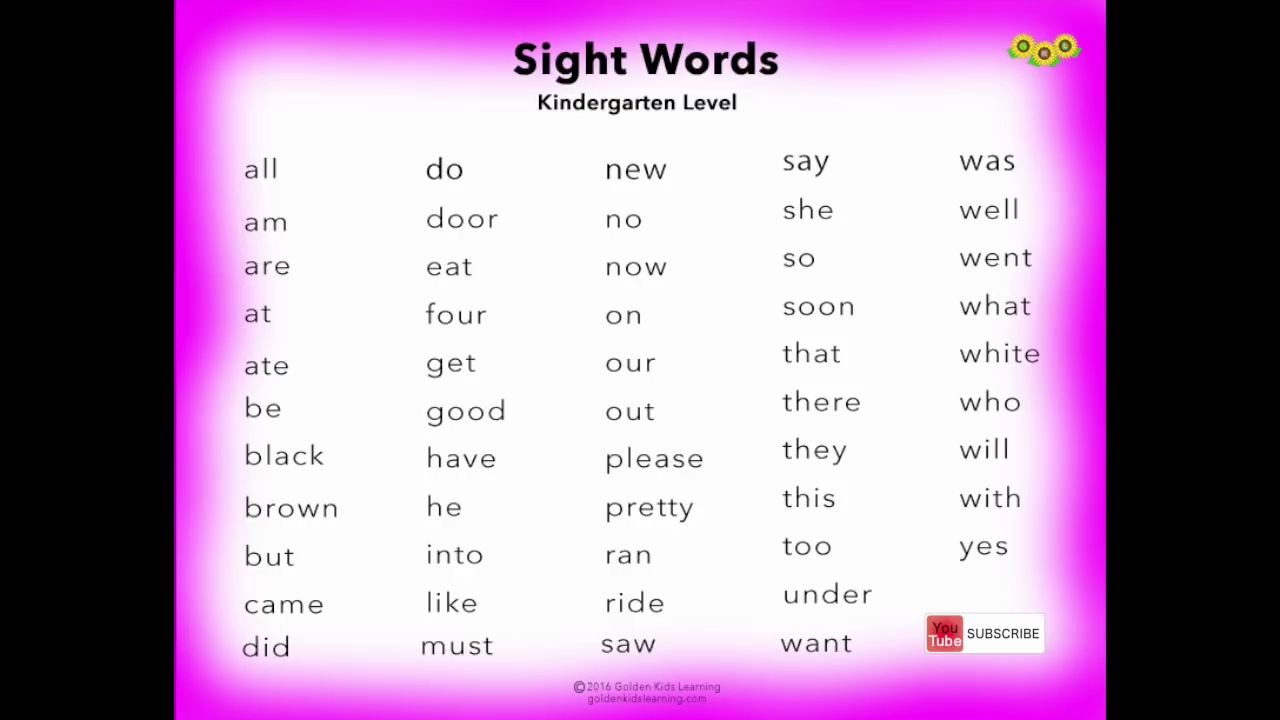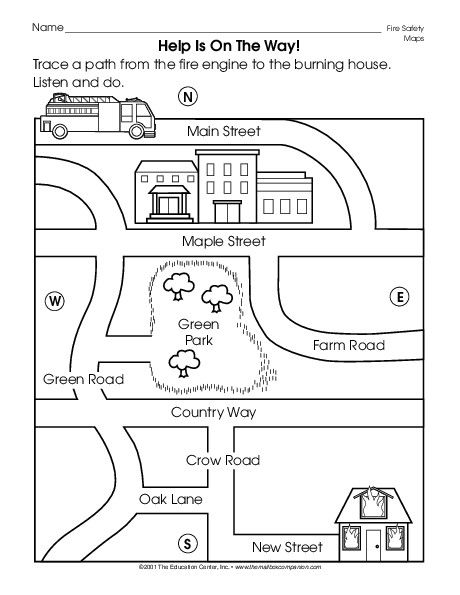How to get better at spelling for adults
Some Tools and Rules to Improve Your Spelling
English spelling is notoriously difficult to master for native speakers and language learners alike. Because English developed from several different language families, and because it so easily absorbs new words from other languages even today, the English language has many different ways to spell the same sound and many different ways to pronounce the same spelling. But improving your English spelling is not impossible: with some patience, you will see a noticeable improvement in your spelling by using some techniques that good spellers use.
Use a (good) dictionary.
Though memory aids are useful for memorizing difficult-to-spell words, good spellers never rely solely on memory: they depend on a reliable, up-to-date dictionary. There are many kinds of dictionaries available, both in print and online. Some of your instructors will have strong preferences about spelling conventions (preferring Canadian over American spelling, for example), while others will accept any standard spelling.
Most dictionaries identify all standard spellings, but Canadian dictionaries give preferred Canadian spellings before other variants.
An English dictionary designed for English language learners, such as Longman’s Dictionary of Contemporary English or Oxford’s Advanced Learner’s Dictionary, can be very helpful for non-native speakers. These dictionaries give more information and often many more examples of words in context to help students select and use words appropriately.
Be consistent about using British or American spellings in your writing.
In general, Canadians use both British and American spellings. While Canadians generally prefer the British –our ending in words like honour and colour, for example, the American –or endings for these common words are also acceptable. The same is true of the –re/-er endings of words like centre/center and theatre/theater: Canadians generally prefer the British –re, but the American –er is acceptable. On the other hand, Canadians often follow the American convention of using –ize rather than –ise endings for words like theorize or hypothesize, but –ise would not be considered incorrect. The key is to remain consistent in your choices throughout a single document. You should not, for example, combine both –ize and –ise forms in the same document.
On the other hand, Canadians often follow the American convention of using –ize rather than –ise endings for words like theorize or hypothesize, but –ise would not be considered incorrect. The key is to remain consistent in your choices throughout a single document. You should not, for example, combine both –ize and –ise forms in the same document.
Spelling tip: When adding suffixes to words ending in –our, it is customary to drop the u: humorous not humourous; honorary not honourary.
Always check certain “troublesome” suffixes in your dictionary.
Some English suffixes confound even the best spellers. Make it a habit always to check these types of words when you are editing or proofreading your work.
-able or -ible (-ably/-ibly; -ability/-ibility) responsible / dependable; responsibly / dependably; responsibility / dependability
-ent or -ant apparent / blatant
-ence or -ance occurrence / importance
-tial or -cial influential / beneficial
Create your own “difficult-to-spell” lists.
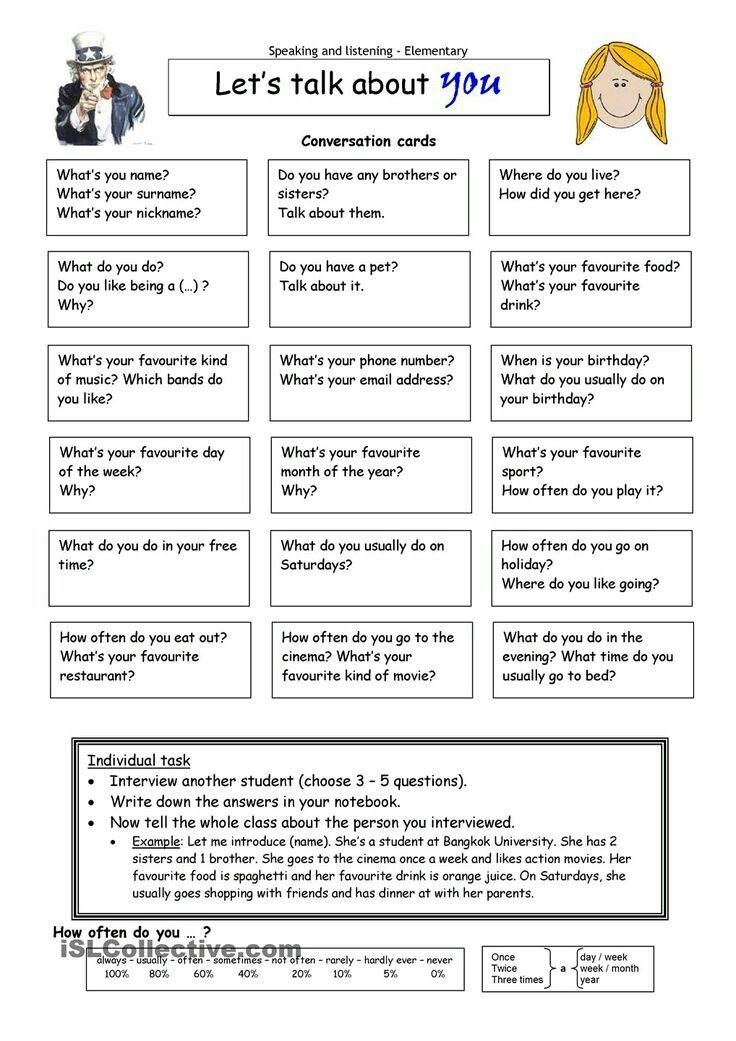
Many writers and editors keep a list of words that they find difficult to spell correctly on or near their computer while they work. If you notice that you routinely misspell certain words, consider learning from your mistakes by creating your own personal “difficult words” list. Keeping this list close at hand as you write will save you time and probably eliminate many of your common spelling errors.
Learn the standard pronunciations for frequently misspelled words.
Some common misspellings derive not from difficult combinations of letters but from pronunciations that do not reflect the word’s spelling. The word mischievous, for example, is often misspelled because of the common pronunciation “miss CHEEVY us.” Learning the standard pronunciation “MISS chiv us” will aid you in properly spelling the word.
Watch out for homophones, near-homophones, and other easily confusable words.
Many English words have identical or similar pronunciations but different spellings.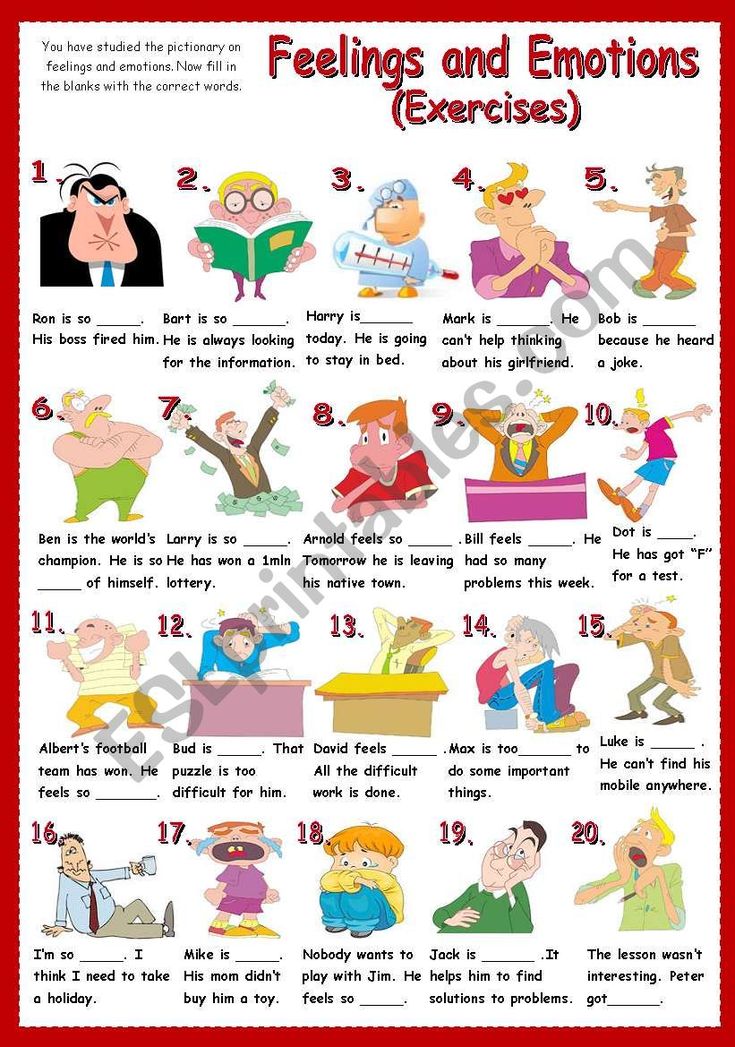 Using the wrong word of a homophone pair is one of the most common spelling pitfalls for all writers. Learn to check these types of commonly misspelled words carefully during your proofreading.
Using the wrong word of a homophone pair is one of the most common spelling pitfalls for all writers. Learn to check these types of commonly misspelled words carefully during your proofreading.
accept/except discreet/discrete oral/aural adverse/averse elude/allude palette/palate affect/effect eminent/imminent populace/populous altar/alter ensure/insure precede/proceed boarder/border elicit/illicit prescribe/proscribe broach/brooch hanger/hangar principle/principal callous/callus illusion/allusion right/write/rite casual/causal incidents/incidence stationary/stationery censor/censure isle/aisle tenet/tenant cite/site/sight its/it’s there/their/they’re climactic/climatic led/lead tortuous/torturous compliment/complement liquor/liqueur waver/waiver conscience/conscious lose/loose whose/who’s desert/dessert naval/navel your/you’re
Use your computer spellchecker, but with caution.

A spellchecker can be your first proofreading tool for spelling, as it will catch any combinations of letters that do not form a known English word. But you should never rely exclusively on your spellchecker, because it will miss many incorrectly spelled words that form another English word: a spellchecker will not record who’s as a misspelling of whose, for example.
Over-relying on spellcheckers is another danger. You may become less conscious of spelling as you write and revise, and you may consequently lose confidence in your ability to recognize correct spellings. Students who over-rely on spell-checkers suffer particularly during exams, when they do not have access to electronic aids.
You can develop your intuition for correct spelling by turning the spellchecker off and devoting at least one revision to spelling. If you sense that a word may be used incorrectly, look it up. This activity will encourage you to become actively engaged in the process of spelling, which is the only reliable way to improve your spelling skills.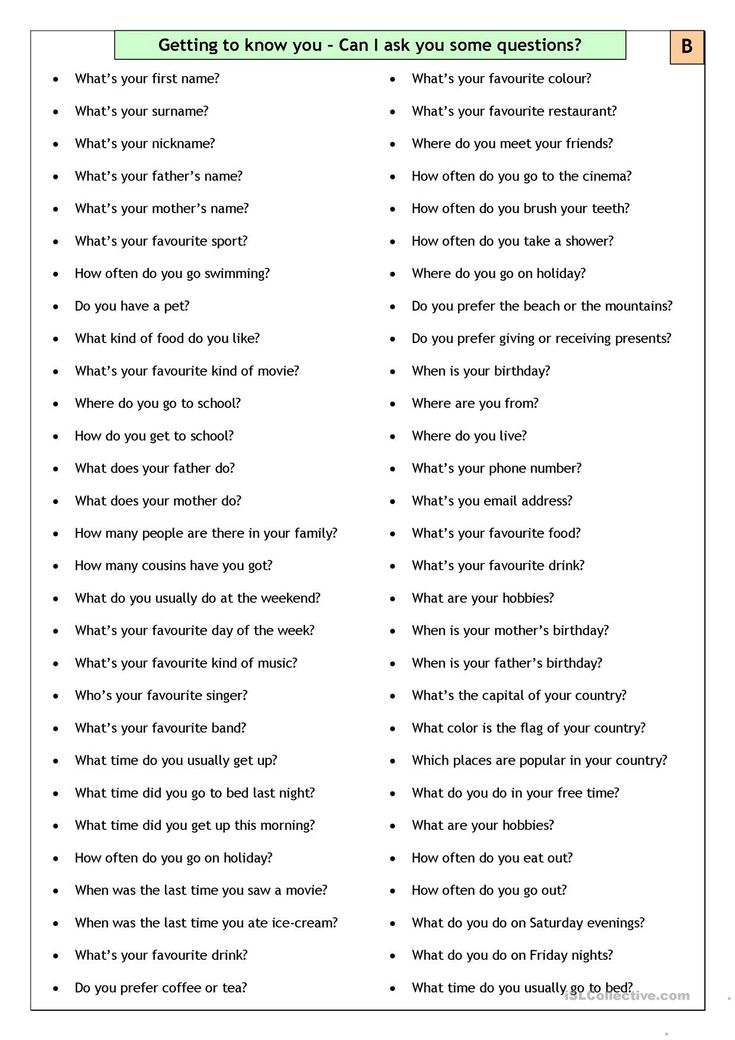 You can turn the spellchecker back on at the very end of the process, just to be sure that a spelling error didn’t get by you unnoticed. If it did, study the word so that you are less likely to make the same error again.
You can turn the spellchecker back on at the very end of the process, just to be sure that a spelling error didn’t get by you unnoticed. If it did, study the word so that you are less likely to make the same error again.
Become familiar with English spelling rules.
Contrary to common perception, English spelling does often follow certain rules. Becoming aware of these rules can help you avoid some common spelling errors. Many writing handbooks and style guides contain a complete list of spelling rules. Below are four of the most helpful. Rule 1: i before e except after c, or when sounded like /ay/ as in neighbour or weigh.
- This simple rhyme helps explain the difference between the spellings of believe (i before e) and receive (except after c). In general, when the long /e/ sound (ee) is spelled with the letters i and e, the order is ie: shield, field, fiend.
 Common exceptions are leisure, seizure, and weird.
Common exceptions are leisure, seizure, and weird. - When the letters i and e are used in words with a long /a/ sound, they are usually spelled ei: sleigh, feint, heinous.
- When the sound is neither long /e/ nor long /a/, the spelling is usually ei: their, seismic, foreign. Some exceptions to this rule are friend, sieve, and mischief.
Rule 2: When adding suffixes that begin with a vowel (-able, –ible, –ous, etc.) to words ending in silent e, drop the final e.
- This rule explains why a word like desire contains an e and a word like desirable does not. Other examples include response → responsible, continue → continuous, argue → arguing.
We do, however, retain the final e when a word ends in –ce or –ge in order to maintain the distinctive “soft” pronunciation of those consonants: notice → noticeable, courage → courageous, advantage → advantageous.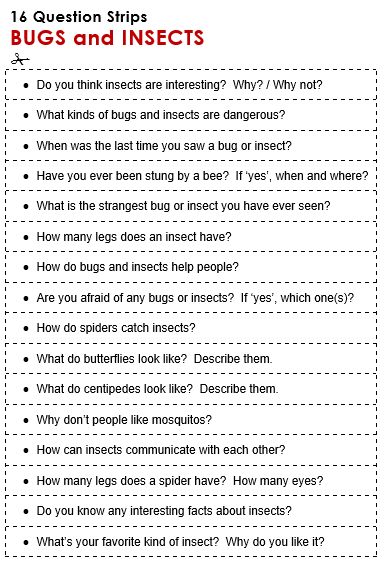
- For reasons of pronunciation, the final e is also retained in words ending in a double e,
e.g. agree → agreeable, flee → fleeing.
Rule 3: When adding suffixes to words ending in y, change the y to an i.
- This rule explains the spelling shift that occurs in the following word pairs: happy → happier, plenty → plentiful, body → bodily.
- As English spelling does not generally allow an i to follow another i, the y is retained when the suffix itself begins with an i: carry → carrying, baby → babyish.
Rule 4: When adding suffixes, double the final consonant of a word only if any of the following conditions apply.
- The final consonant is preceded by a single vowel: bar → barred. When there is more than one vowel before the final consonant, the consonant is not doubled: fail → failed. When the final consonant is preceded by another consonant, the consonant is not doubled: bark → barking.
- The word has only one syllable or has the stress on the last syllable: fit → fitted, commit → committed, prefer → preferred. For words with more than one syllable where the stress does not fall on the last syllable, the final consonant is not doubled: benefit → benefited, offer → offered.
- The suffix begins with a vowel: prefer → preferred. But if the syllable stress changes because of the addition of the suffix, then the consonant is not doubled: prefer → preference. Final consonants are also not doubled if the suffix begins with a consonant: prefer → preferment.
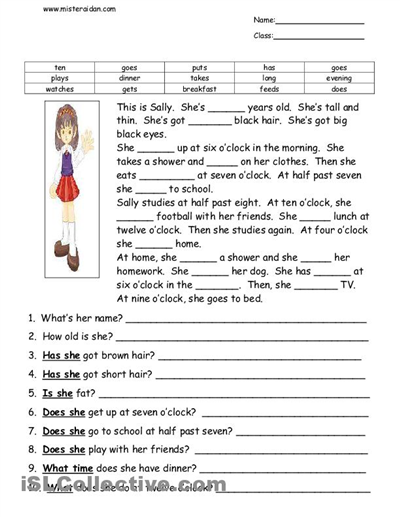
- If the word ends in l or p, then the consonant is usually doubled in Canadian spelling: travel → travelled; worship → worshipped. Note: American spelling does not follow this rule.
Some Commonly Misspelled Words
accelerate fiery pastime accessible fluorescent pejorative accessory fluoride penultimate accommodate foresee perennial acknowledge fulfill / fulfil perseverance acquaint government persuade acquire grammar phenomenon across grievous pneumonia aficionado guarantee Portuguese aggressive handiwork preeminent amphitheatre handkerchief prerogative anecdote harass privilege anomaly heinous pronunciation apparent hemorrhage proverbial arctic hygiene pursue asphalt hypocrisy quandary auxiliary idiosyncrasy receive bachelor indispensable remuneration berserk inedible rendezvous besiege innocuous renowned bizarre inoculate repertoire bookkeeper / bookkeeping intercede restaurateur caffeine invigorate rhyme camaraderie iridescent rhythm Caribbean irresistible sacrilegious category laboratory seize collaborate leisure seizure committee liaison separate concede manoeuvre / maneuver sergeant consensus mayonnaise silhouette corollary medieval smorgasbord curriculum Mediterranean solely deceive memento soliloquy de rigueur millennium sophomore desiccate minuscule subtle dilapidated miscellaneous supersede diphtheria mischievous susceptible diphthong misspell synonymous dissension non sequitur tariff duly noticeable tenterhook dysfunction nuptial threshold ecstasy occasion tortuous embarrass occurrence tragedy exaggerate offered Ukrainian excerpt ophthalmology vaccinate exhilarate pageant vacillate experiential parallel vague February parliament weird
Tricks for Becoming a Better Speller
Tricks for Becoming a Better SpellerJump to
- Main content
- Search
- Account
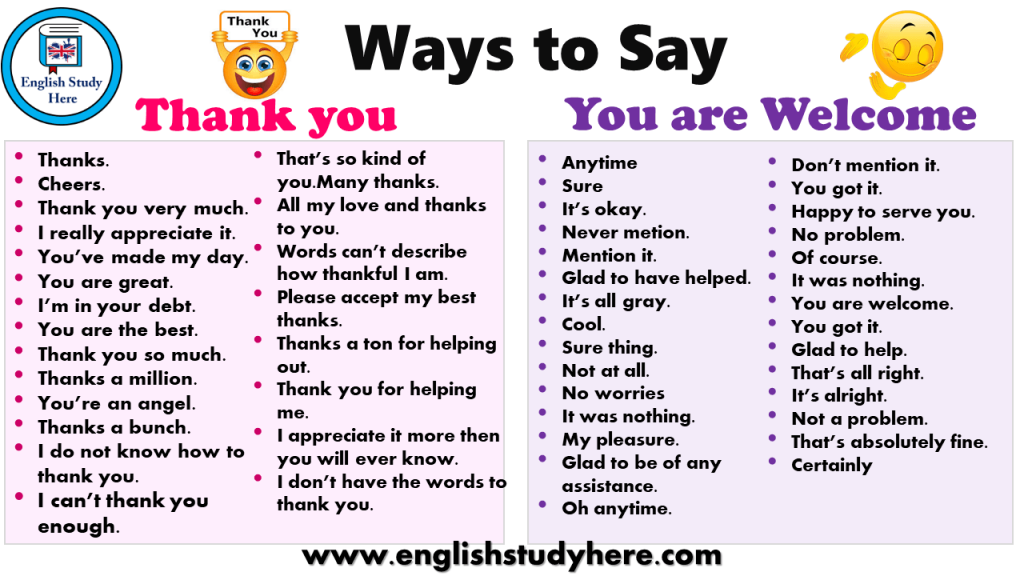 It indicates, "Click to perform a search". Chevron iconIt indicates an expandable section or menu, or sometimes previous / next navigation options. HOMEPAGE
It indicates, "Click to perform a search". Chevron iconIt indicates an expandable section or menu, or sometimes previous / next navigation options. HOMEPAGE Lifestyle
Save Article IconA bookmarkShare iconAn curved arrow pointing right. Read in app Reading will help you spell better. Thomas Lohnes/Getty Images
Thanks to spell check, we are in an era of poor spellers.
Thanks for signing up!
Access your favorite topics in a personalized feed while you're on the go.
"People tend to think they don't need to learn how to spell because the computer will do it for them," says Dr. J. Richard Gentry, literary expert and best-selling author.
INSIDER spoke with Dr. Gentry, who has spent over four decades specializing in education, including writing, spelling, reading, and dyslexia. He has also written 12 books, including "Spelling Connections," an extensive spelling program used for students to become proficient spellers.
Gentry revealed that spelling is critical to learn in kindergarten and first grade, but that you can hone your skills as an adult too.
Here are 9 tips on how to become a better speller.
Read a lot.
Reading. lithian/ShutterstockReading is probably one of the best ways to familiarize yourself with words and their spelling, but Gentry says to take it one step further: "If you see a word you don't recognize, try to figure out what it means," he suggests.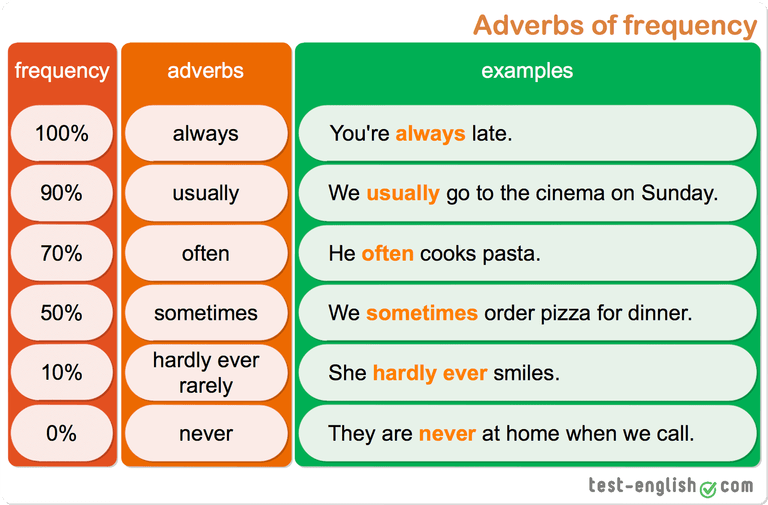
However, becoming a good speller can also make you a better reader. "Spelling is connected to the architecture of the reading brain, and is a lot more important than we recognize," he said.
Use spell check — but don't rely on it.
Be sure to use spell check. Flickr / John LooGentry says that one of the best ways to learn how to spell as an adult is to use spell check — to a degree.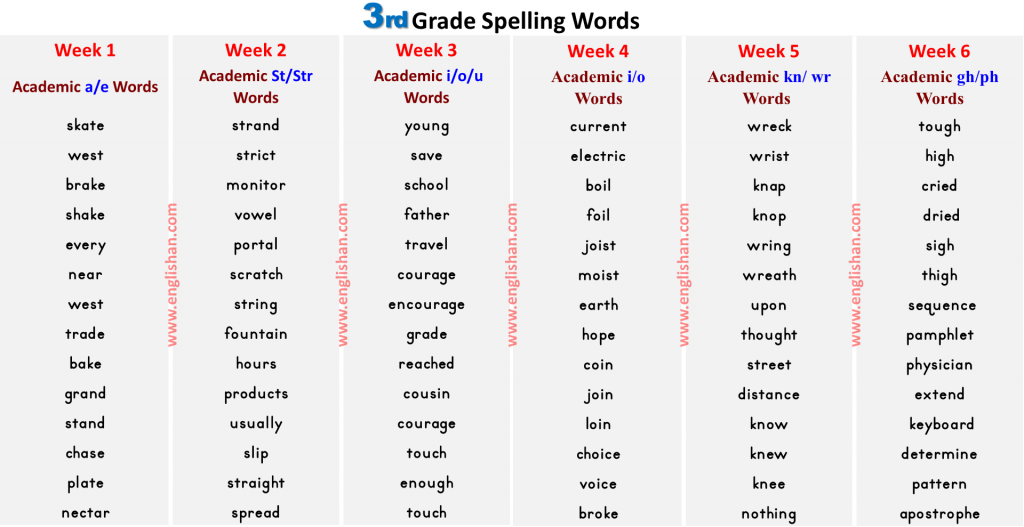
While spell check is a great way to check yourself and see if you are spelling words correctly, the computer isn't always right.
For example, if you are trying to spell homophones, two words that sounds the same but have different meanings, the computer doesn't always catch it. Gentry shows a video to his students which plays the sentence "If someone told me I would not need to learn how to spell, computers do it for me." If you don't know how to spell correctly, you might type the sentence as "If sum one tolled me I wood knot knead two learn how too spell, computers dew it four me." Since computers don't get context, they may present you with the wrong homophones.
Quiz yourself frequently.
Take a test. ShutterstockGentry says, "Self-testing has been found to be one of the best techniques for adults and anyone who is learning how to spell — or learning anything.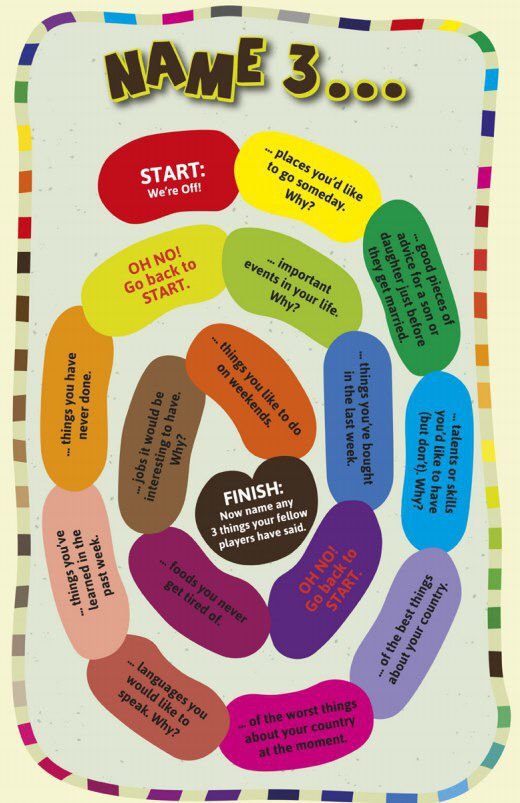 "
"
Try quizzing yourself daily on some of the more difficult words you are having trouble with.
Practice for 15 minutes a day.
Practice. mdgovpics/FlickrGentry suggests practicing spelling for 15 minutes a day, and advises people to mix up their exercises — whether it's coming up with a list of words you're having trouble with, looking them up, practicing their spelling, or simply saying them out loud.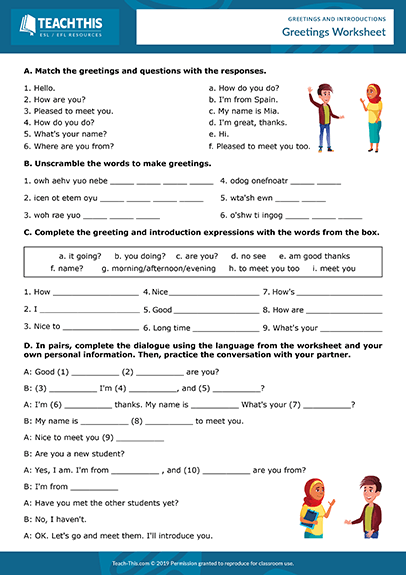
Create mnemonic devices.
Mnemonic can help. ShutterstockSometimes it's hard to remember how to spell a word, like "separate." Most people spell it with an "e" instead of an an "a."
Gentry suggests using a mnemonic device to remember how to spell a tricky word like separate. "A good way to remember it is that there is 'a rat' in 'separate,'" he explains.
Look up a words' etymology.
Look it up. Kevin Lamarque/ReutersLooking up the history or origin of a word can help break down its spelling. For example, sometimes words that all begin a certain way are related. Also, knowing its language of origin can help with remembering certain rules for spelling it, and understanding its root can help give it meaning and context.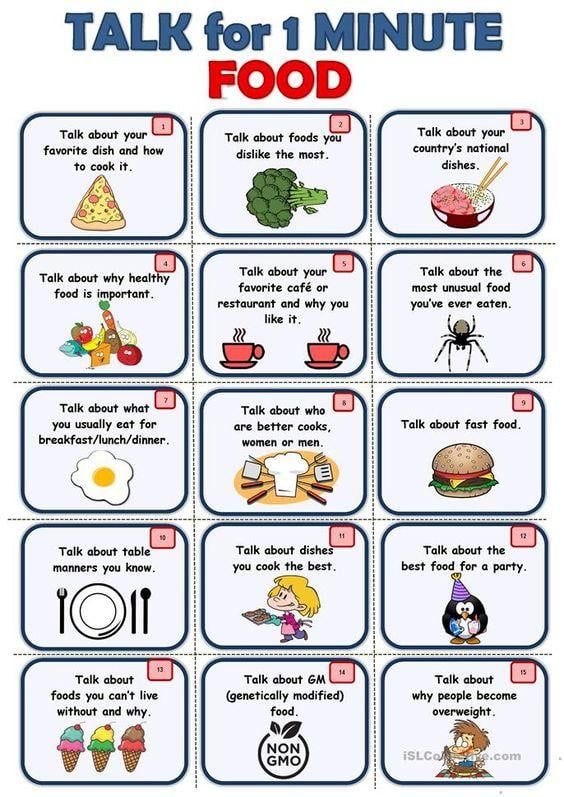
Play word games.
Scrabble. Gareth Cattermole/Getty ImagesIf you're looking to become a better speller, you can play games like Scrabble or Words With Friends. These games allow you to analyze and think about the spelling of words.
Keep a journal.
Keep notes.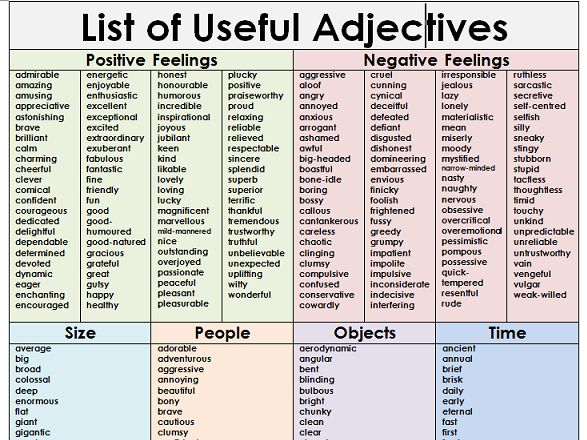 1dayreview.com/Flickr/CC BY 2.0
1dayreview.com/Flickr/CC BY 2.0 Gentry also suggests keeping a journal of words you have difficulty with. Writing the words out over and over again will help you to remember them more clearly.
Read next
Features Writing SpellingMore...
Seven effective ways to improve spelling and learn to write without errors
17 November 2020
How many wonderful careers did not work out, how many opportunities were missed due to elementary illiteracy! Do you think a serious investor will accept an "interesting offer" about joint activities? And what will happen to an employee who approved outdoor advertising with an obvious mistake that the whole city is now discussing? Will the girl agree to go on a date? If you feel that spelling is not your forte, we offer several ways to tighten it up.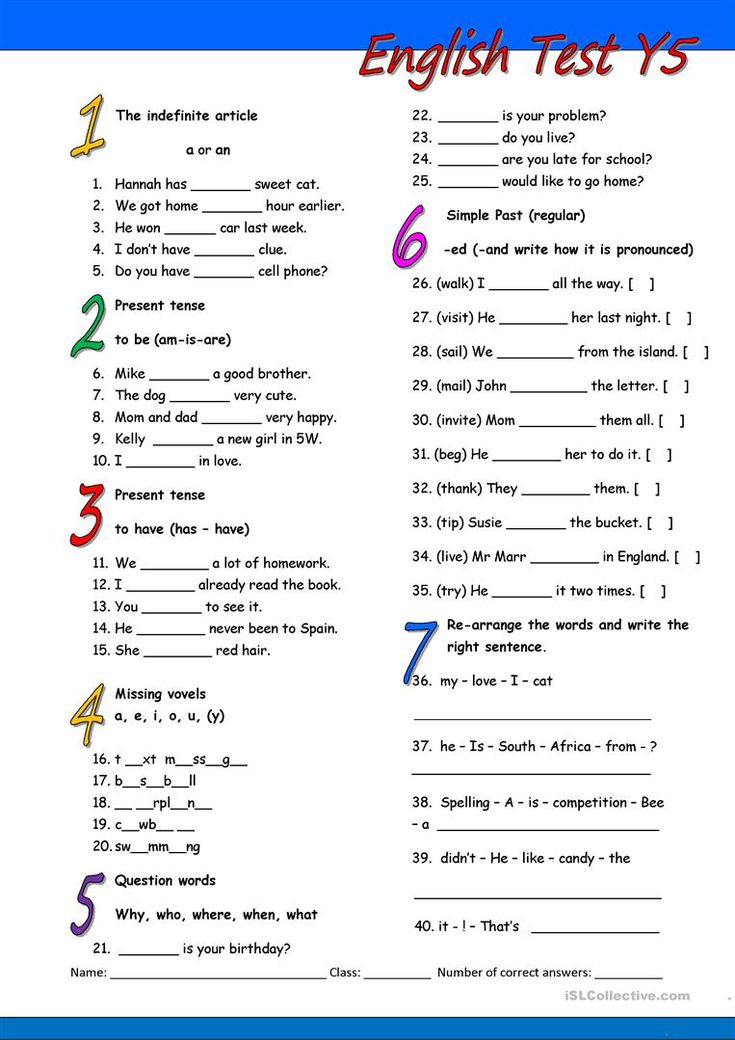
If you don't have time to sit over textbooks, you can upgrade your knowledge using an online program. As the saying goes, in war all means are good.
Take the course
1. Read quality literature
We write correctly not because we remember the rules every time, but because we have seen most words hundreds of times and remember their spelling. Therefore, reading fiction has always been considered the best way to "pump" spelling skills. During this process, visual memory develops, that is, the brain simply remembers what a particular word looks like and will not let you make a mistake, even if you do not remember the spelling rules. But you need to read high-quality books, and not correspondence in a messenger or forums and it is not clear whose texts are on the Internet - that's where you run the risk of stuffing your head with all the mistakes that are in the Russian language. It is desirable to read from early childhood. This method is also good because it not only improves literacy, but also enriches vocabulary.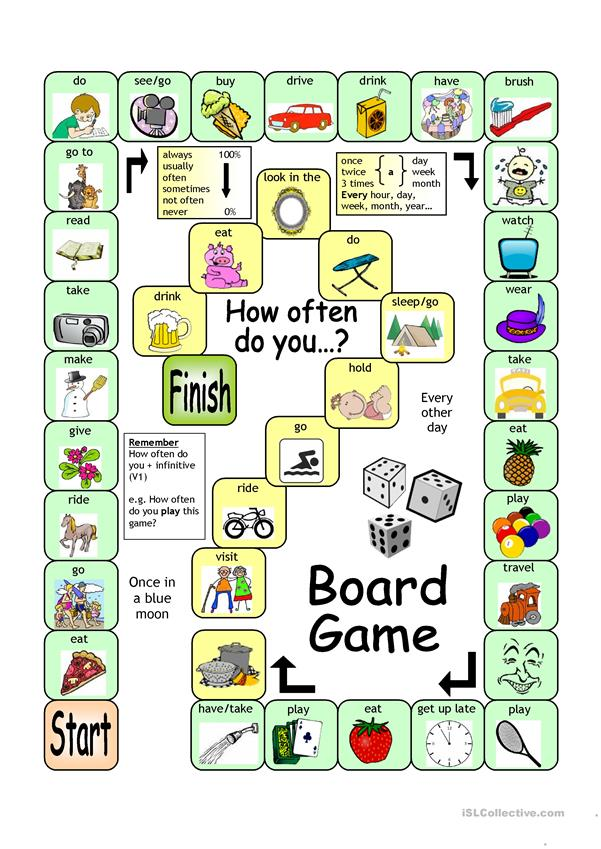
2. Rewrite texts
You can't learn to skate without going out on the ice. In the same way, reading is not enough for literate writing. Make it a rule to dedicate 15-20 minutes a day to copying texts from fiction or non-fiction books. It is better to write with a pen - this is how not only visual, but also mechanical memory will work. Usually two or three months of classes is enough to bring the spelling up to a decent level.
3. Write dictations
Writing from dictation develops phonemic awareness and teaches you to identify erroneous places. Stumbled, so you need to check. In the age of total computerization, this can be done in a matter of seconds, the main thing is to develop a spelling flair in yourself, and dictations just contribute to this. After the dictation, do a full analysis of your mistakes, and you will see that with each new text there will be less and less of them.
4. Repeat the rules
No, you don't need to memorize them.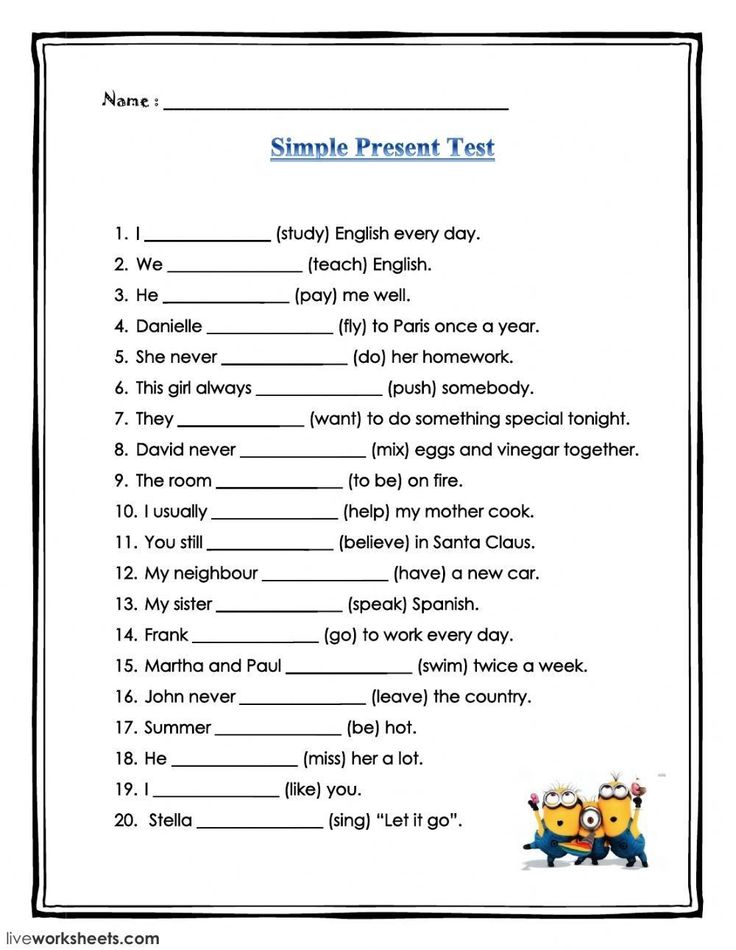 You are still not in school. It is enough to read the rule carefully, understand it, analyze it with examples and practice a little in writing words with this spelling. Ideally, you need to repeat one new rule every day, but taking into account employment at work, at home, you can limit yourself to 2-3 classes per week. Set aside a few days for complex or voluminous rules to consolidate what you have learned. You can study according to school textbooks or use special books where the material is summarized and systematized. For example, Dietmar Rosenthal's textbook "Russian language" or the manual of the same author "Please write correctly!".
You are still not in school. It is enough to read the rule carefully, understand it, analyze it with examples and practice a little in writing words with this spelling. Ideally, you need to repeat one new rule every day, but taking into account employment at work, at home, you can limit yourself to 2-3 classes per week. Set aside a few days for complex or voluminous rules to consolidate what you have learned. You can study according to school textbooks or use special books where the material is summarized and systematized. For example, Dietmar Rosenthal's textbook "Russian language" or the manual of the same author "Please write correctly!".
5. Watch video lessons and lectures
If you perceive visual information better, video lessons and popular science lectures on the Russian language, of which there are a great many on the Internet, will be a good help. You can find lessons on a specific spelling, for example, about "tsya" and "tsya", doubled "nn" in participles, continuous and separate spelling of different parts of speech. For those who want to improve not only literacy, but also stylistics, we recommend listening to lectures by well-known popularizers of the Russian language Irina Levontina, Anna Wall, Marina Koroleva. It will be not only informative, but also very interesting.
For those who want to improve not only literacy, but also stylistics, we recommend listening to lectures by well-known popularizers of the Russian language Irina Levontina, Anna Wall, Marina Koroleva. It will be not only informative, but also very interesting.
6. Re-read and edit
Are you used to writing “thank you”, “thank you” in instant messengers? If you want to increase literacy, it is better to refuse this method of communication, because your brain gets confused and at the wrong moment can slip an erroneous option. Write literate messages and, before pressing Enter, reread them, correct errors. If in doubt about the spelling of a word, google it, if you don’t know where to put a comma, break this piece of text into separate sentences. This skill is especially important when writing business letters. It won’t take long to skim through the text again, and your reputation will not suffer.
7. Study with a tutor or take online courses
In any business, a system is important.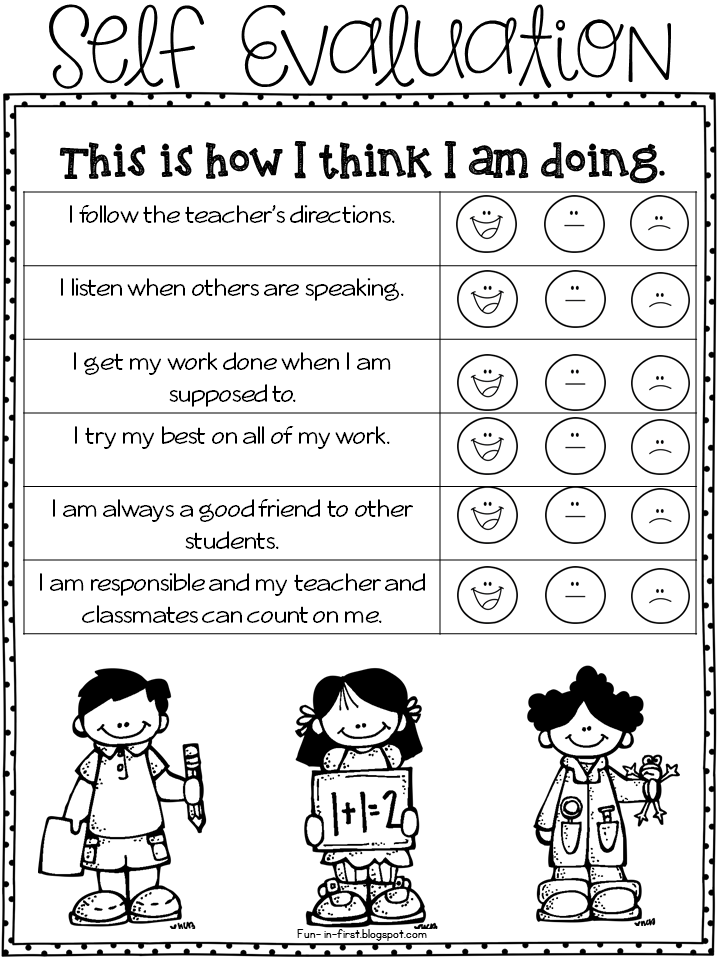 If you feel that regular self-education is not for you, study with a tutor. This method is especially effective when the gaps in spelling are too large or they need to be eliminated in a short time. A personal teacher will build an individual training program, help you quickly and accurately deal with the main problems. At the same time, it will be that external stimulus that will not let you go the distance. Note that classes with a tutor are not cheap. If you can’t afford them, instead of a real teacher, you can use the services of a virtual one on one of the specialized Internet platforms.
If you feel that regular self-education is not for you, study with a tutor. This method is especially effective when the gaps in spelling are too large or they need to be eliminated in a short time. A personal teacher will build an individual training program, help you quickly and accurately deal with the main problems. At the same time, it will be that external stimulus that will not let you go the distance. Note that classes with a tutor are not cheap. If you can’t afford them, instead of a real teacher, you can use the services of a virtual one on one of the specialized Internet platforms.
For example, you can take an express program at Smart University online school. If you just need to improve your written language, choose the Spelling for All course, or if you want to plunge into the language environment a little deeper, sign up for the Competent Blogger course. The programs consist of short lessons, videos, testing tests. You can study at Smart University online via a computer or smartphone.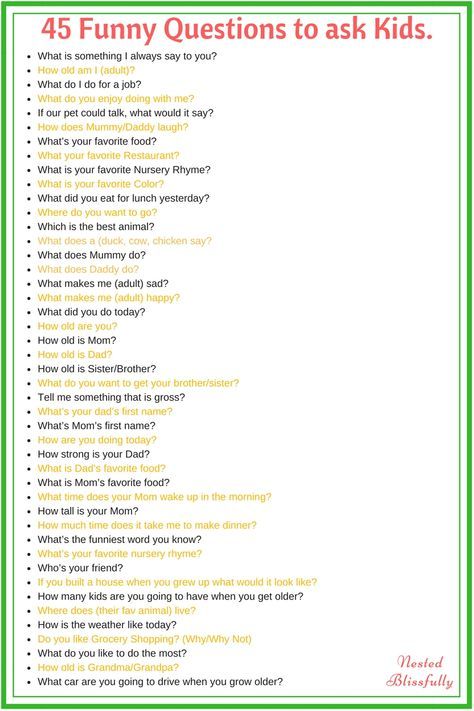 You can find express programs in your personal account on the website in the "Courses without a teacher" section by logging in using your phone number. And remember, it's never too late to learn! 9Ol000 literacy - "a means of expanding personal freedoms and opportunities, as well as a tool for developing human potential" ? It is with this definition that the RIA Novosti literacy test precedes.
You can find express programs in your personal account on the website in the "Courses without a teacher" section by logging in using your phone number. And remember, it's never too late to learn! 9Ol000 literacy - "a means of expanding personal freedoms and opportunities, as well as a tool for developing human potential" ? It is with this definition that the RIA Novosti literacy test precedes.
The definition is still something, but you can hardly argue with it. An illiterate copywriter is in principle possible, although extremely rare.
However, literacy superheroes are also rare among copywriters. Rather, we can talk about authors who are more or less indifferent to literacy issues.
But not only copywriters should be literate. Despite the fact that videos, pictures, infographics are becoming more and more popular, active Internet users write something every day. And, of course, it will be better if what comes out from under your keyboard is understandable to everyone you are addressing.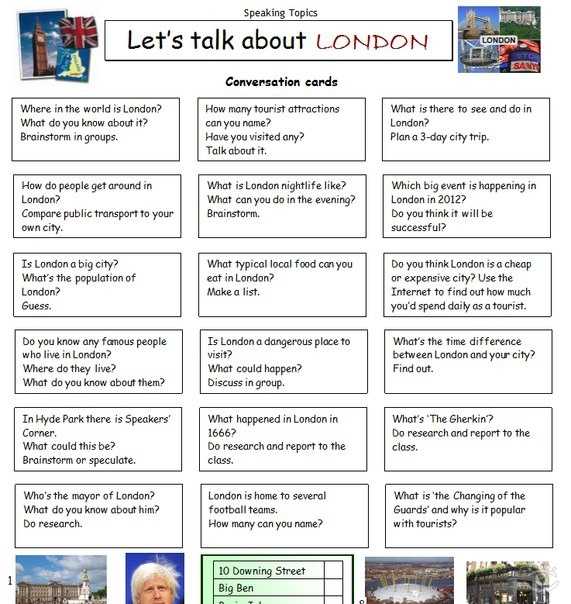
Fortunately, there are very simple ways to increase literacy. Choose from this magnificent seven the methods that suit you.
Method No. 0. Write dictations, take courses
Dictation not only checks the level of literacy, but also improves it. However, this method, like taking courses or classes with a tutor, for the most part causes rejection. Many will say: "We studied and studied at school, and now we also write dictations after school." Therefore, we believe that this method is zero and only professionals use it.
For example, the copywriters of our Bureau have already written the dictation, and have repeated and consolidated the most difficult rules at the Intensive Russian Language Workshop, which took place in the summer.
Method No. 1. Read books and look in dictionaries
Psychologists have been studying the connection between reading and writing for a long time. One of their conclusions speaks in favor of the fact that reading is a must.
To write correctly, it is not enough to know the rules. It is necessary to constantly accumulate "images of words with traditional spellings." And this can only be done while reading.
Technique #2: Write and Edit
Another immutable rule of literacy is to learn the rules in the meaningful context of speech. That is, it is better not to know the rules and write than to know all the rules by heart, but not to write.
What is written needs to be edited. But it is not necessary to edit only your texts. Searching for errors in "foreign" texts, in books and magazines increases spelling vigilance.
Method No. 3. Spelling reading
Perhaps someone got sick of spelling while still at school. We were taught to speak out loud and to ourselves every word we read, to dictate to ourselves when you write.
If normal reading, in which we do not have to pronounce every word, helps to accumulate images of words through visual memory, then spelling reading also uses speech-motor memory for the same purpose: to save word images that correspond to the spelling norm.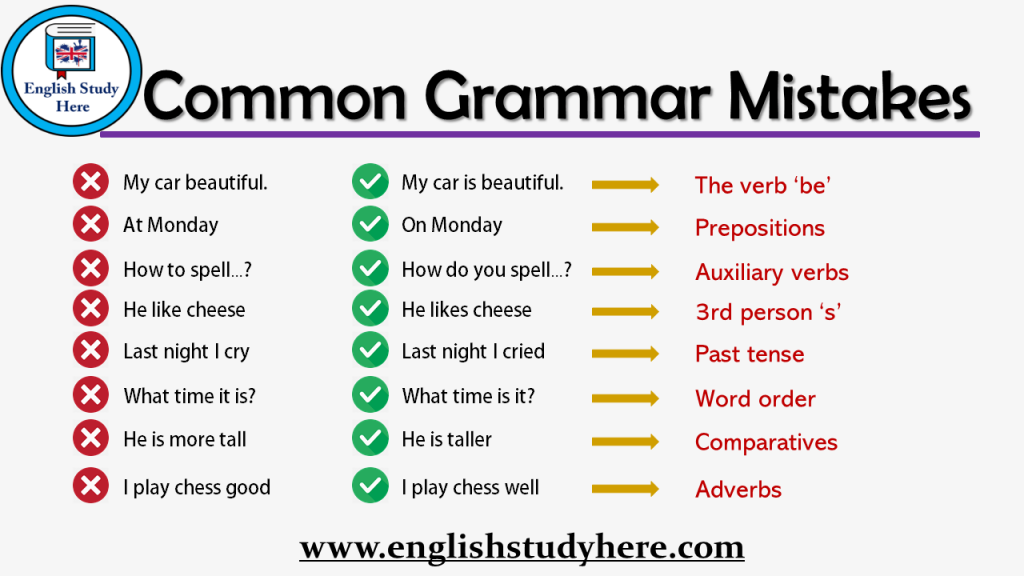
Method number 4. Copy and rewrite
Regular copying also helps in improving the literacy of writing. However, in order for this lesson to be meaningful, it is better to take notes.
Cheating gives greater efficiency if you arm yourself with a ballpoint pen and a notebook. But you can also transfer this lesson to a computer, especially when mastering the touch typing method.
If you wish, you can use the following algorithm:
1. Read the sentence.
2. Repeat it from memory.
3. Determine which spellings are found in the sentence.
4. Read it spelling and repeat from memory, pronouncing all the sounds.
5. Close the text and write down the sentence.
6. Test yourself on the text.
Method No. 5. Maintain a style sheet
American writer Jen Yager suggests this method in her book "No Writers Are Born. How to Write Successful Texts - From Business Letters to Books and Articles".
The style sheet helps improve the quality of your writing.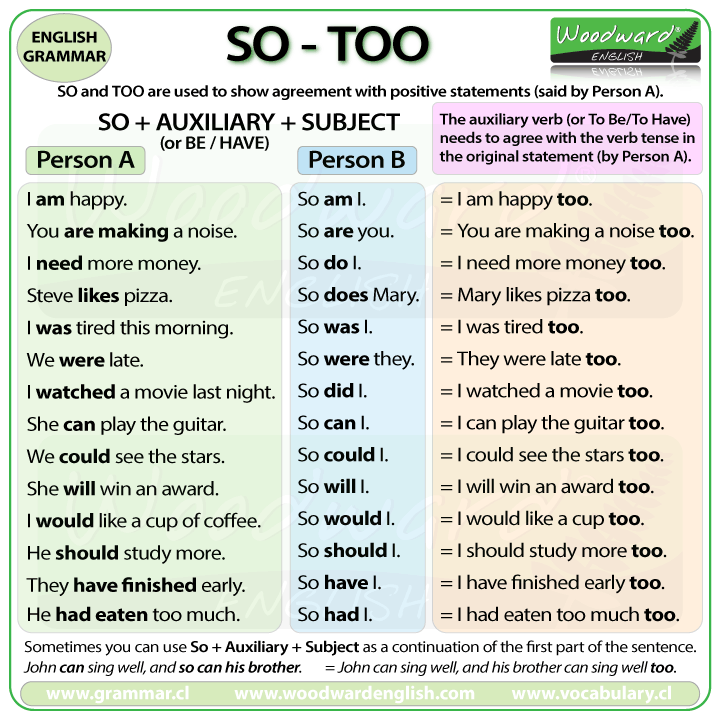 Its essence is quite simple. The page is divided into two columns. In the left column we write out all the words in which we often make mistakes. Everything related to grammar and the use of words falls into the right column.
Its essence is quite simple. The page is divided into two columns. In the left column we write out all the words in which we often make mistakes. Everything related to grammar and the use of words falls into the right column.
Method No. 6. Play word games and draw
To remember the spelling of a word/rule in which you constantly make a mistake, you can draw the word or rule. How you do it - depends only on your imagination.
To improve literacy, it is also useful to solve charades and puzzles, crosswords and anagrams.
There are a lot of word games. And for sure everyone played in them as a child.
Method No. 7. Buy a textbook and complete all exercises
Another way that is reminiscent of school days and can cause dislike. But we couldn't help mentioning it. Because this method is one of the most effective.
It's one thing when you have to open a textbook and do some assignments almost every day. It is quite another thing when you perform the same exercises on your own initiative.